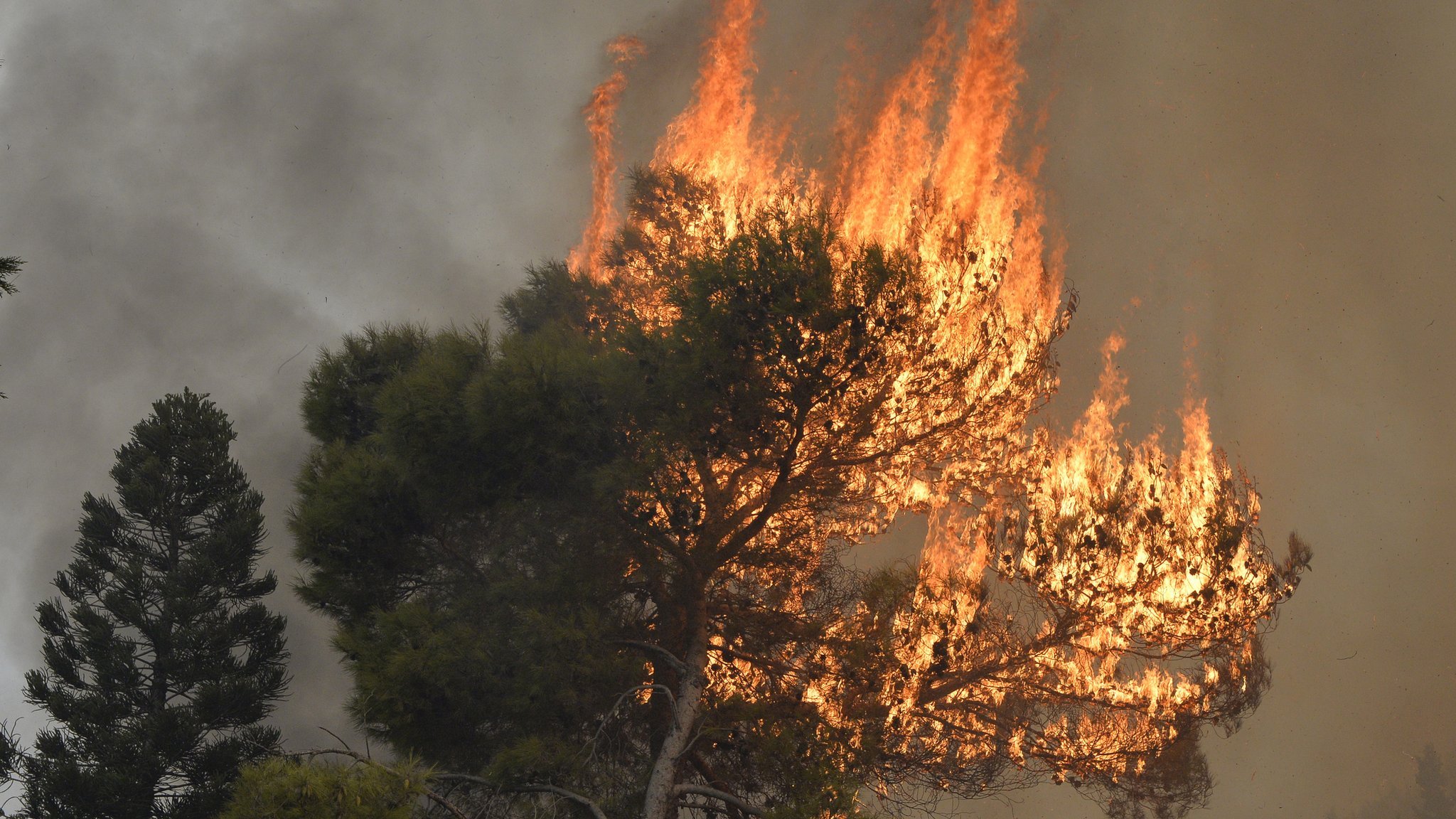More than 100 people have died across East Asia this month as extreme rain, floods, and landslides overtake several countries, including India, China, and Japan. Hundreds of thousands of citizens have been forced to evacuate.
In parallel, Lebanon is gearing up for another potential season of wildfires, as temperatures reach new records. On July 4, scientists with the US National Oceanic and Atmospheric Administration (NOAA) logged the planet’s average air temperature at 17.18 degrees celsisus, a new record high.
This rise in temperatures has caused plants to dry out and become increasingly flammable, as the Ministry of Environment begins its coordination efforts with municipalities and local groups to “encourage the removal of the overgrown grasses and fight fires, including providing case-by-case emergency funds for firefighting teams,” said Minister Nasser Yassin in a conversation with L’Orient Today.
On the other side of the globe, Japan has reported record-breaking floods in the island of Kyushu, leading to the death of at least eight people. On Friday, South Korea was on high alert as a storm battered through the capital Seol. 135 people were evacuated early on Friday as the torrential rain hit, causing power cuts acoss 4,000 households.
Officials in the Philippines also warned of a tropical cyclone.
“It’s raining like never before,” a spokesman for Japan’s meteorological agency said in a conversation with the BBC.
In many ways, the earth is beginning to feel the very real effects of climate change in their various forms. Lebanon, Japan, South Korea and others, are only some of the few players trying to mitigate the dangers of extreme weather.
But some are more prepared than others to weather the storm.
According to the World Meterological Organization’s director of hydrology, water, and cryosphere, developed countries, such as Japan “were extremely alert, and they’re also very well prepared when it comes to flood management measures,” as per the BBC report.
In contrast, low-income countries, often termed as “developing or underdeveloped countries”, are not as prepared with no warnings in place, “hardly any defence structures, and no integrated flood management.”
In Lebanon, this scenario is awfully similar. While the country may not suffer from deadly monsoons or hazardous floods, the country is ill-equipped to battle natural disasters in light of the financial collapse and government negligence.
While the wildfire season thus far has not yet proven to be worse than 2022, many wildfires have already struck the northern region of Akkar. Akkar has proven to be a massive wildfire hotspot in the past, due to its flammable and dried-out vegetation. In 2021, a massive blaze took the life of a teenage boy and some three million trees.
According to L’Orient Today, Yassin stated that the 2023 strategy for wildfires was the first updated strategy since 2009.
This comes in spite of the fact that Lebanon suffered extreme wildfires in late 2019, which the government could not put out without the aid of neighboring Cyprus due to its faulty or outdated equipment. The 2019 wildfires are also credited as one of the main reasons the popular uprisings began in recent months.
Yassin also stated that the ministry hopes to launch a national emergency fund by the end of the year.


